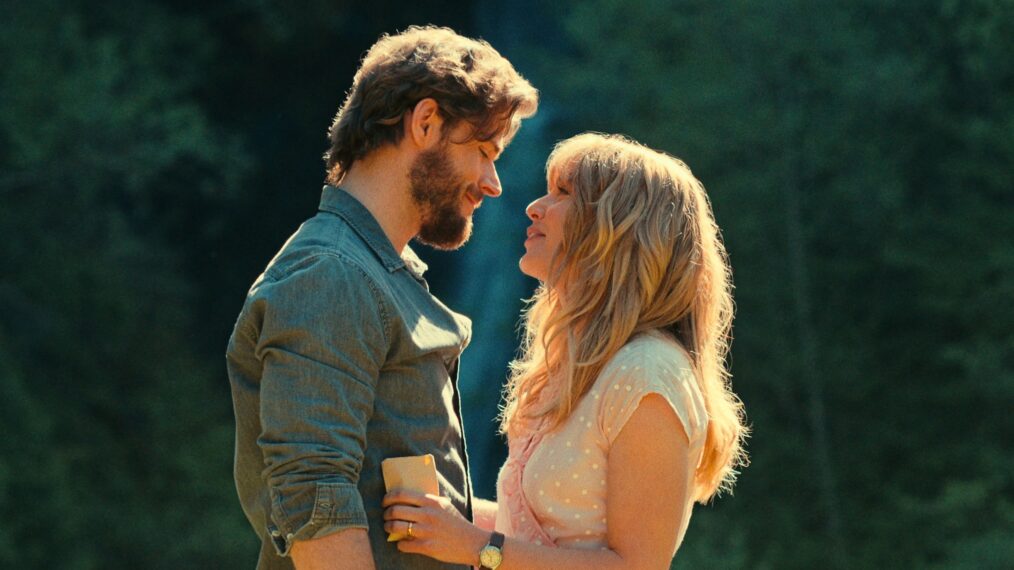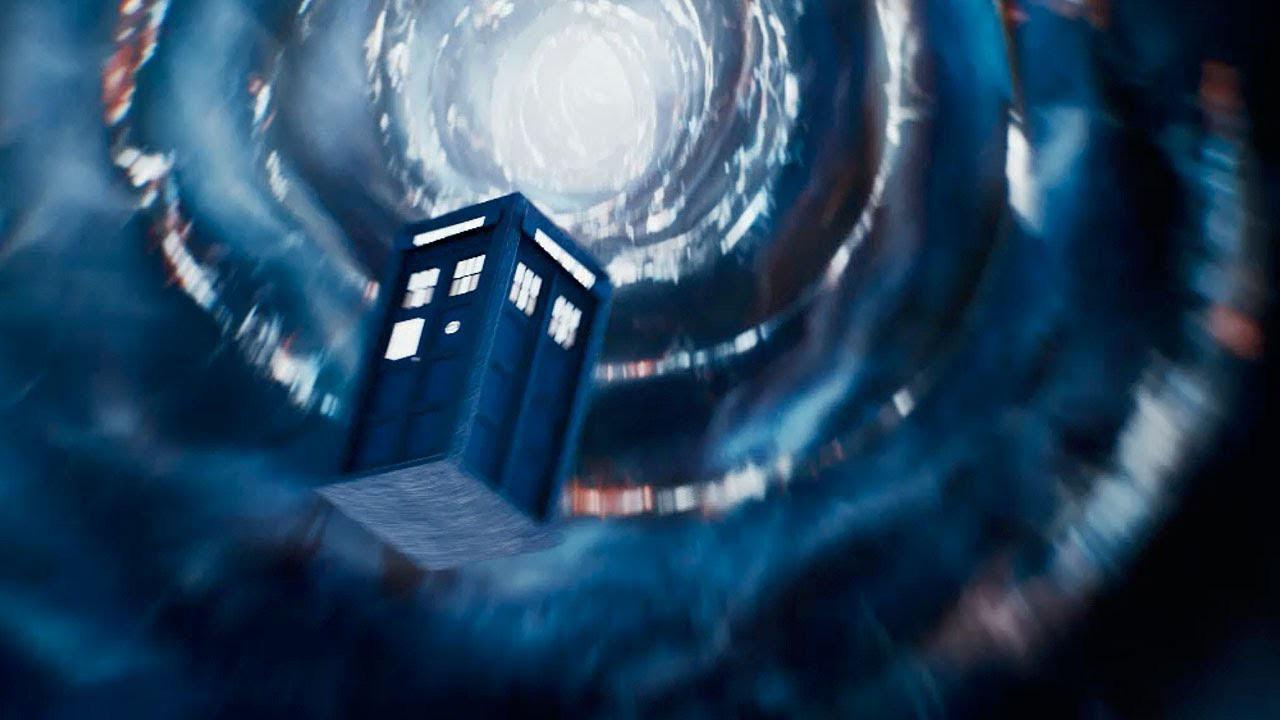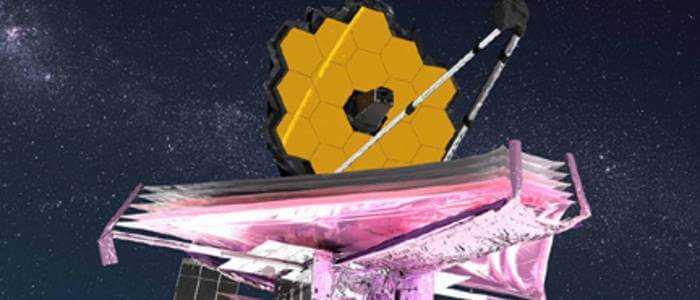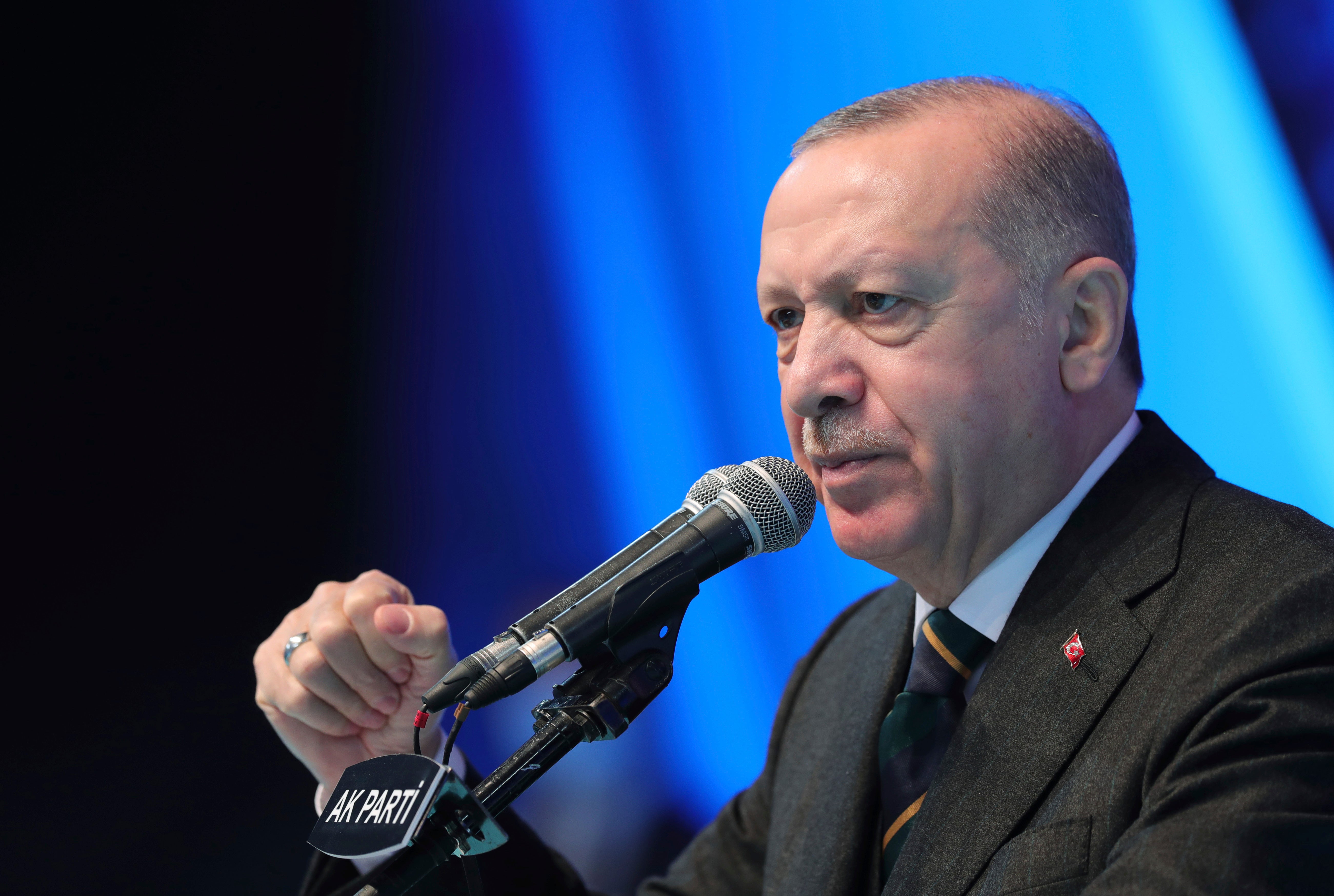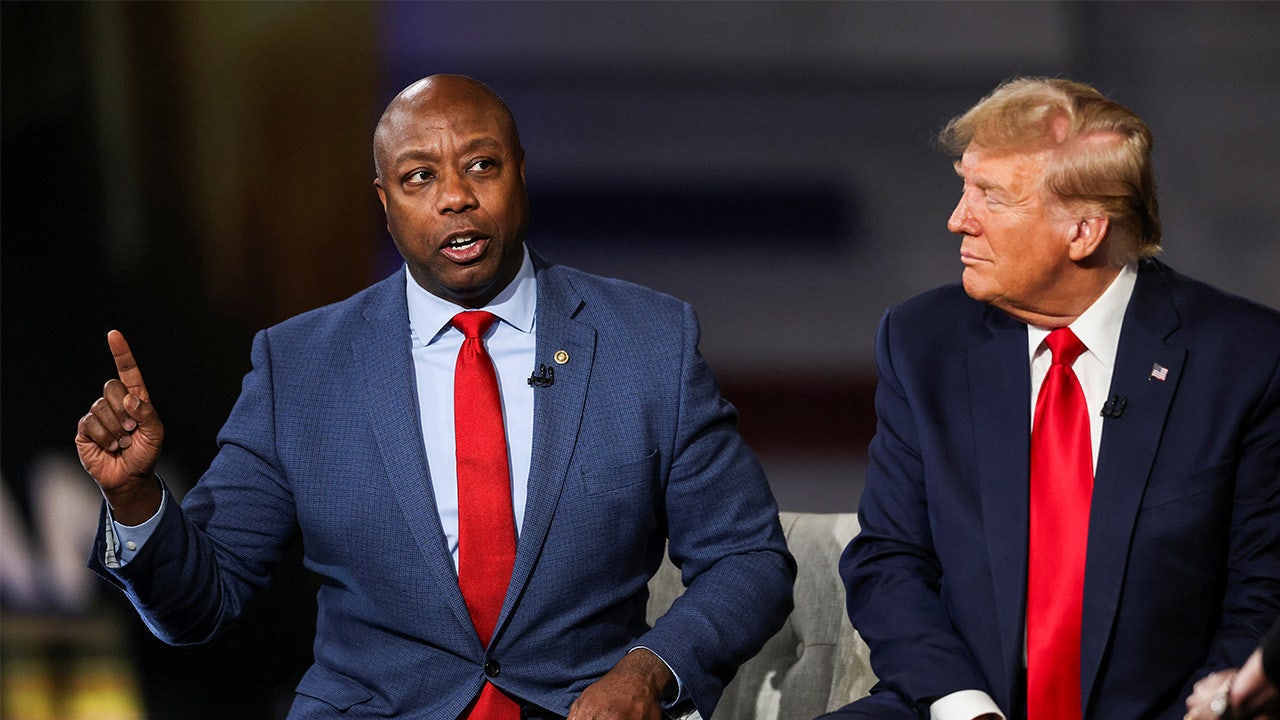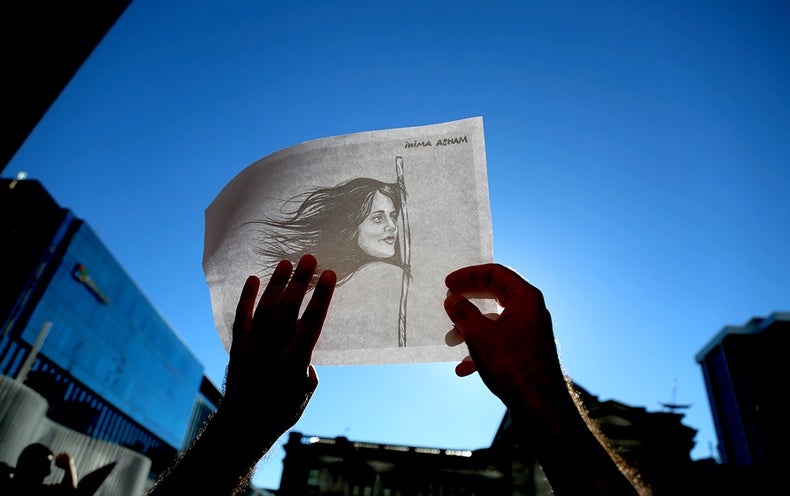A version of the Oglala Lakota tribe story begins like many origin tales — with bickering spirits and Earth still under construction. It’s an enthralling narrative in which said spirits lure humans from their underground lodgings to Earth’s surface before the Creator is finished. It ends with the humans being turned into the first herd of bison, creatures instituted to guide people as they populate the Creator’s masterpiece.
Bison, which represent sustenance, survival and community in Oglala Lakota tradition, loom large in War Pony, an intimate debut feature directed by Riley Keough (Zola) and her collaborator Gina Gammell. It’s a slow-burning film, one that pulls you in with its steady observations of the minor triumphs and major pitfalls of Bill (Jojo Bapteise Whiting), a goofy 23-year-old Oglala Lakota man trying to make ends meet, and Matho (Ladainian Crazy Thunder), a 12-year-old desperate for his father’s approval. The fruit of a year-long collaboration, War Pony is also a moving experiment in collective narrative filmmaking — an example of how stories can honor instead of exploit.
War Pony
The Bottom Line
Intimate and captivating.
Gammell and Keough, with the help of Franklin Sioux Bob and Bill Reddy, have penned a coming-of-age movie that shimmers with adoring community stories. Similarly to Hulu’s television series Reservation Dogs, War Pony uses interlocking plotlines as portals to a broader, stirring account of the people of South Dakota’s Pine Ridge Indian Reservation.
The unassuming film opens with Bill brainstorming how to make some money. After learning the value of the abandoned poodle he returned, Bill decides to become a breeder. He buys the dog back from its owner for $900. Bill is excited. To him (and really only him), the plan is promising. He is the father of two young kids; the mother of his first child is in jail and the mother of his second is mad at him. Money won’t solve all of Bill’s problems, but it will make them easier to weather. As he daydreams, a bison appears. Before Bill can make sense of the apparition, the majestic creature trudges off screen.
Matho needs money too, but for different reasons. The kid is obsessed with fashioning a hyper-masculine identity, performing a kind of uneasy swagger. We meet him riding around the neighborhood with his friends, hustling and committing petty theft. His money-making scheme involves skimming his father’s meth stash and reselling it to neighborhood addicts.
War Pony confidently darts between Bill and Matho’s stories. Transitions are fluid: The camera follows Matho and his friends into a gas station convenience store only to leave the scene with Bill. These sequences — shot by DP David Gallego and edited by Affonso Gonçalves and Eduardo Serrano — reveal the rules governing Pine Ridge. What initially seems to be a hustle-or-get-hustled culture is one of mutual aid. This is a community where everyone knows each other, even if everyone doesn’t know each other. When an older community member sees Matho and his friends shoplifting, she pays for their cache of sweets before the owner has time to get upset.
At the gas station, Bill runs into Echo (Jesse Schmockel), his current girlfriend and the mother of his second child. He flirts and tries to tell her about the poodle business. She rolls her eyes and wants to know why he isn’t around. Whiting plays Bill with an understated suaveness. His eyes search Echo’s face as he whispers, “Are you mad at me?” and follow her swaying hips as she exits the store. There’s a puppy-dog quality to Bill’s disposition, one that suggests a deep kindness and loyalty to his people.
War Pony’s plot picks up when Bill runs into Tim (Sprague Hollander), a wealthy turkey farm owner who lives outside the reservation. The latter has a flat tire and asks the former for a ride to his house, where he can get help. After realizing that Tim, a married man, was riding with a minor from the reservation, Bill leverages that information for a job. In exchange for his discretion, Tim gives Bill work around his house and at the factory.
Back at the reservation, Matho is in deep trouble. His father (Franklin Sioux Bob) knows about him stealing drugs, which leads to a tense exchange. In a moment of unbridled rage, Matho’s dad kicks him out. Now without shelter, the young boy must fend for himself. He stays with friends before landing in a reservation home with other orphaned children.
Tension builds as War Pony makes its way to a combustible finish. Bill and Matho find themselves in increasingly tricky situations that they must cleverly maneuver their way out of. Objects are stolen, people punched, things set aflame. Between these dramatic scenes, Gammell and Keough treat viewers to crisp and mesmerizing shots of the landscapes surrounding Pine Ridge. Bison sightings by the two protagonists become more frequent, too, as though the creatures are desperate to send a message.
War Pony offers an unassuming portrait of reservation life by avoiding over-sentimentalizing. The history of Indigenous people in America is a brutal one, marked by violence, genocide and land theft. The Oglala Lakota tribe, like other peoples impacted by colonization, face the challenge of recovering from harms while living within systems that perpetuate them. War Pony folds that reality into its tender story, examining matters like drug addiction, food apartheid, corporate greed and the kind of invisibility and exploitation faced by Indigenous girls.
There are moments when War Pony sags — the result of one too many scenes of filler and a few sequences that reinforce facile observations about how Native culture is treated by white people. But these instances don’t dramatically detract from the central story of Bill, Matho and their community. They are minor bumps in a journey that reflects real effort and collaboration.




























